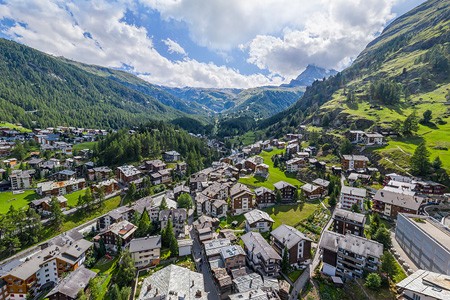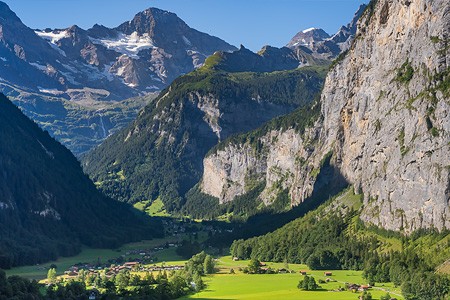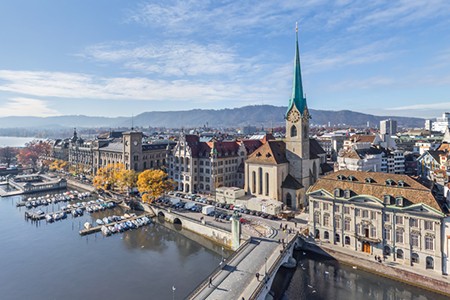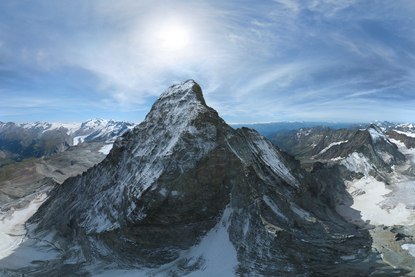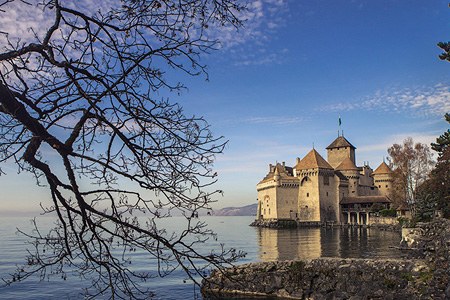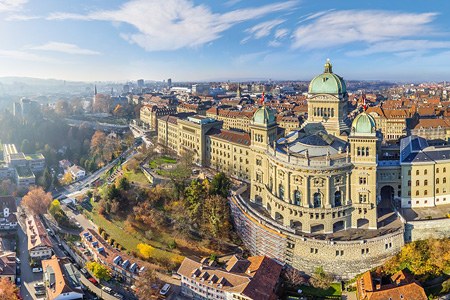St.Moritz, Swiss Alps, Virtual Tour
St. Moritz is one of the most respectable ski resorts in the Swiss Alps. In the brochures of tourist operators, St. Moritz is described as a place of "leisure for the demanding clients". This resort has managed to astonish me more than once. However, it is not because of the restaurants located among the ski tracks, where visitors are served black caviar in ski boots and truffles, it is not because of the orchestra with live musicians, and it is lastly not because of the "light, healing, and sparkling champagne air".
I was first surprised by a story told by my friends, who had come back from St. Moritz. According to them and as well as statistics, this blissful place has 360 sunny days a year, which is extremely important for skiers. So, my friends stayed at St. Moritz for a week and were "lucky" to get those five cloudy days. On the other hand, the sixth day, as expected, was sunny. :)
The next time I was surprised was when I was visiting St. Moritz myself. I stopped at a small local store to see if I could find a sweater for myself. I picked a nice one off the shelf, automatically checked the price tag and was completely shocked. It immediately reminded me of an old joke about a visitor carefully studying a menu in a restaurant and then asking the waiter; "Are these prices or phone numbers?" :)
The sweater that had caught my eye had a price tag of 6,000 Euros (about 8,000 US dollars). Apparently, my face expressed such surprise that the elderly and very polite owner of the store told me that the sweaters on the other shelf were cheaper. I approached that shelf and checked the price: indeed, they were cheaper — only 4,000 Euros.
So I decided to forego purchasing clothing for now, and I instead called the AirGrisha Company and hired a helicopter for three hours — all for the price of one sweater. During that flight I created 40 panoramas, 9 of which are shown on this website.
Now, here is some information about St. Moritz.
Swiss St. Moritz is rightfully considered the "King" of the Alpine ski resorts. "Aristocratic", "cosmopolitan", and "respectable" all describe St. Moritz, a favorite place of leisure for the representatives of royal dynasties, multi-millionaires, politicians, and show business stars.
St. Moritz is located 1,856 meters above sea level on the shores of the lake bearing the same name, in the Engadin region in Graubünden Canton. Today the settlement itself counts 5,600 residents; at the peak of the season you can add about 3,000 service personnel, as well as thousands of tourists. This place has perfect conditions for downhill ski training: the 36 "black" tracks and 136 "red" tracks provide many possibilities for snowboarders, beginner cross country skiers, and skaters. The total length of the regional downhill ski tracks is 350 km, and the length of the cross country tracks is 150 km.
St. Moritz is considered to be the "brightest" resort of Switzerland; there are 322 sunny days a year. This explains why there is no shortage of tourists, even after the ski season is over (in the summer, late spring, and the early fall). During the warm seasons, tourists enjoy water cruisers, nice walks, bike rides, thermal water, stunning landscapes, and the elite ambience of the resort.
You can ride the air tram directly from St. Moritz to Corviglia station at a height of 2,486 meters, while taking in the dizzying view of Piz Noir (3,057 meters above the sea level). Experienced skiers value this steep track for its ultimate challenge.
Several luxurious ski resorts adjoin Corviglia station, including Piz Corvatsch (3,451 meter above the sea level). This is one of the most stunning places to ski. The track runs along the glacier.
Piz Bernina is raised 4,048 meters above sea level, which makes it the highest point of the Eastern Alps. The "Mark and Rosa" cabin, which is a key rest point for climbers, is located here at a height of 3,600 meters. Usually, climbers go down to the cabin at the end of their route. Despite its shabby exterior, the cabins are equipped for a very civilized break. The service personnel are constantly on duty, and everybody is always welcome to stay. If all comfortable places are taken, you will still be able to stay in an unheated shed on a very basic bed.
Bregaglia Valley, a wonderful Alpine valley, is located southwest of Graubünden Canton. Nowadays, its lower region belongs to Italy; while in the upper Swiss region, you can find the artificial Lake Albigna, created in 1959 to supply hydroelectric power plants. Passing by, one can see the wall of the dam unexpectedly appearing among the snow-covered mountains, and then the same idyllic landscapes of Switzerland with their dollhouses, and, lastly, the majestic mountain massifs.
In our panoramas you will also see two alpine lakes (Silvaplauna and Silsersee) with surrounding villages. Because of the steady winds blowing from Maloja Pass, Silvaplauna Lake is popular among windsurfers, yachtsmen, and kite lovers. At the end of the 19th century, a famous German philosopher, Friedrich Nietzsche, lived in one of the local villages for 7 years. He took walks on the Silvaplauna Lake so frequently and enjoyed the heavenly beauty of the landscape so much that a memorable plaque was installed in his honor.
In the Engadin Valley, 5 kilometers from St. Moritz, at a height of 1,797 meters above the sea level, there is a small airport called Samedan (with only one landing strip). It is the most elevated European airport. The airport used to have a regular schedule with regular flights. Unfortunately, all flights were canceled due to numerous plane crashes. However, you can catch a flight into Samedan on a private jet. The local air is very thin, especially during summertime. This is why less powerful light helicopters, which usually fly here from the valley, have a hard time taking off and flying back home. And if a helicopter has heavy cargo and a full tank of fuel, it cannot take off vertically, (like helicopters typically do) but instead has to take off in an aircraft manner, driving along the runway, gradually increasing the speed to achieve acceleration, and then gaining altitude.
The fact is that the cargo weight, which would cause no problems at the usual altitude in the valley, becomes excessive in the thin air, and a helicopter engine does not have sufficient capacity to take off vertically.
Photo and text by Oleg Gaponyuk
12 October 2010
Read more
Photogallery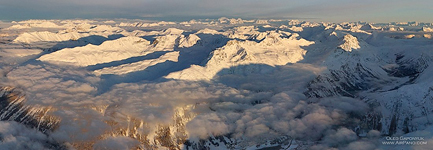 St. Moritz #23
St. Moritz #23
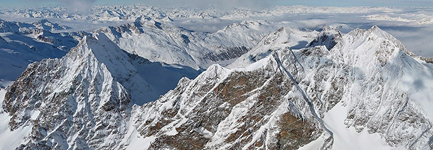 St. Moritz #13
St. Moritz #13
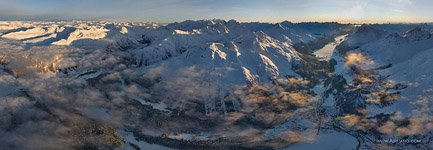 St. Moritz #3
St. Moritz #3
 Ultra high resolution panorama #1 (70000x16029 px)
Ultra high resolution panorama #1 (70000x16029 px)
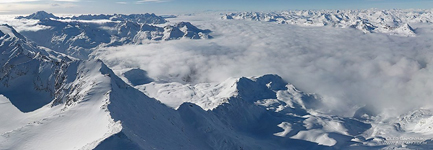 St. Moritz #10
St. Moritz #10
 Ultra high resolution panorama #3 (64453x13021 px)
Ultra high resolution panorama #3 (64453x13021 px)
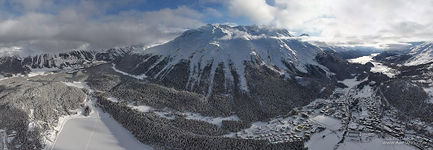 St. Moritz #16
St. Moritz #16
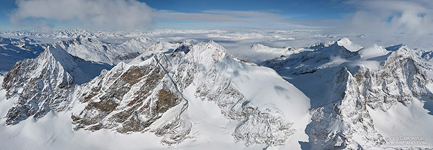 St. Moritz #15
St. Moritz #15
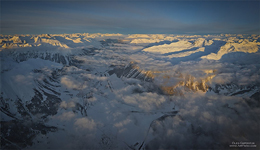 St. Moritz #7
St. Moritz #7
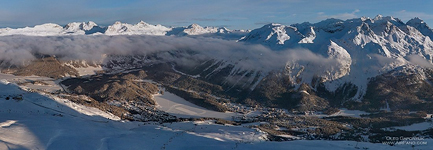 St. Moritz #22
St. Moritz #22
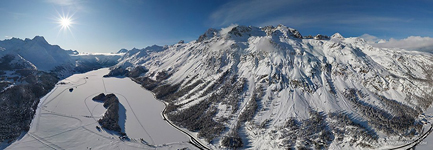 St. Moritz #19
St. Moritz #19
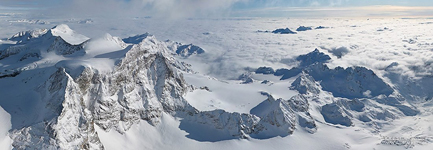 St. Moritz #14
St. Moritz #14
Virtual Travels in 360°
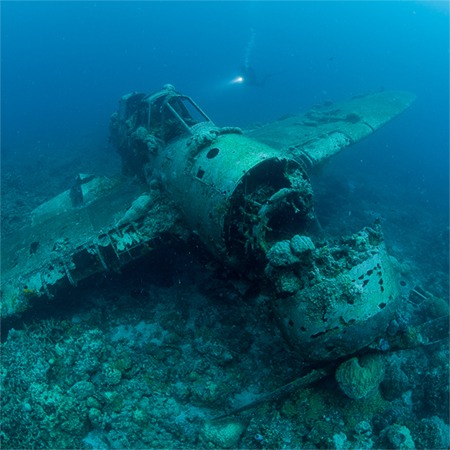 Jake Seaplane wreck, Palau
Jake Seaplane wreck, Palau
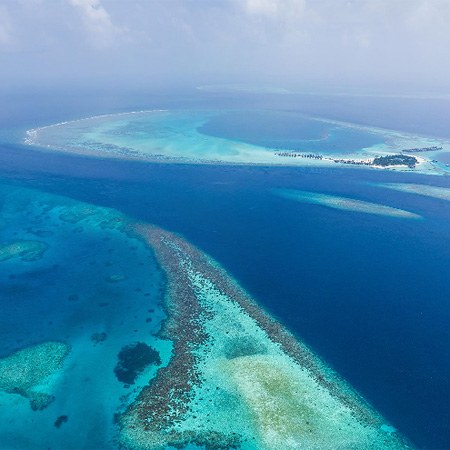 Southern Maldives. Part II
Southern Maldives. Part II
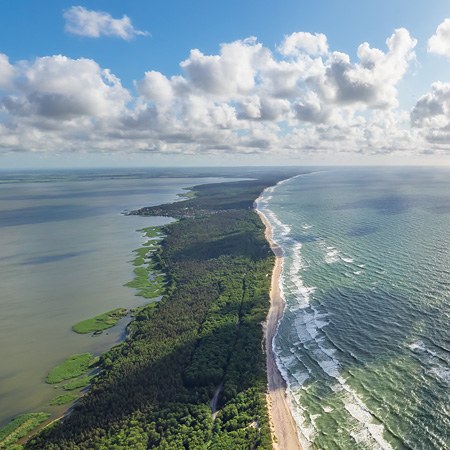 Curonian Spit, Russia
Curonian Spit, Russia
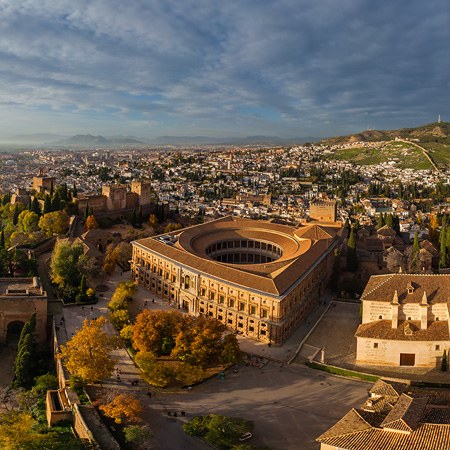 Alhambra, Granada, Spain
Alhambra, Granada, Spain
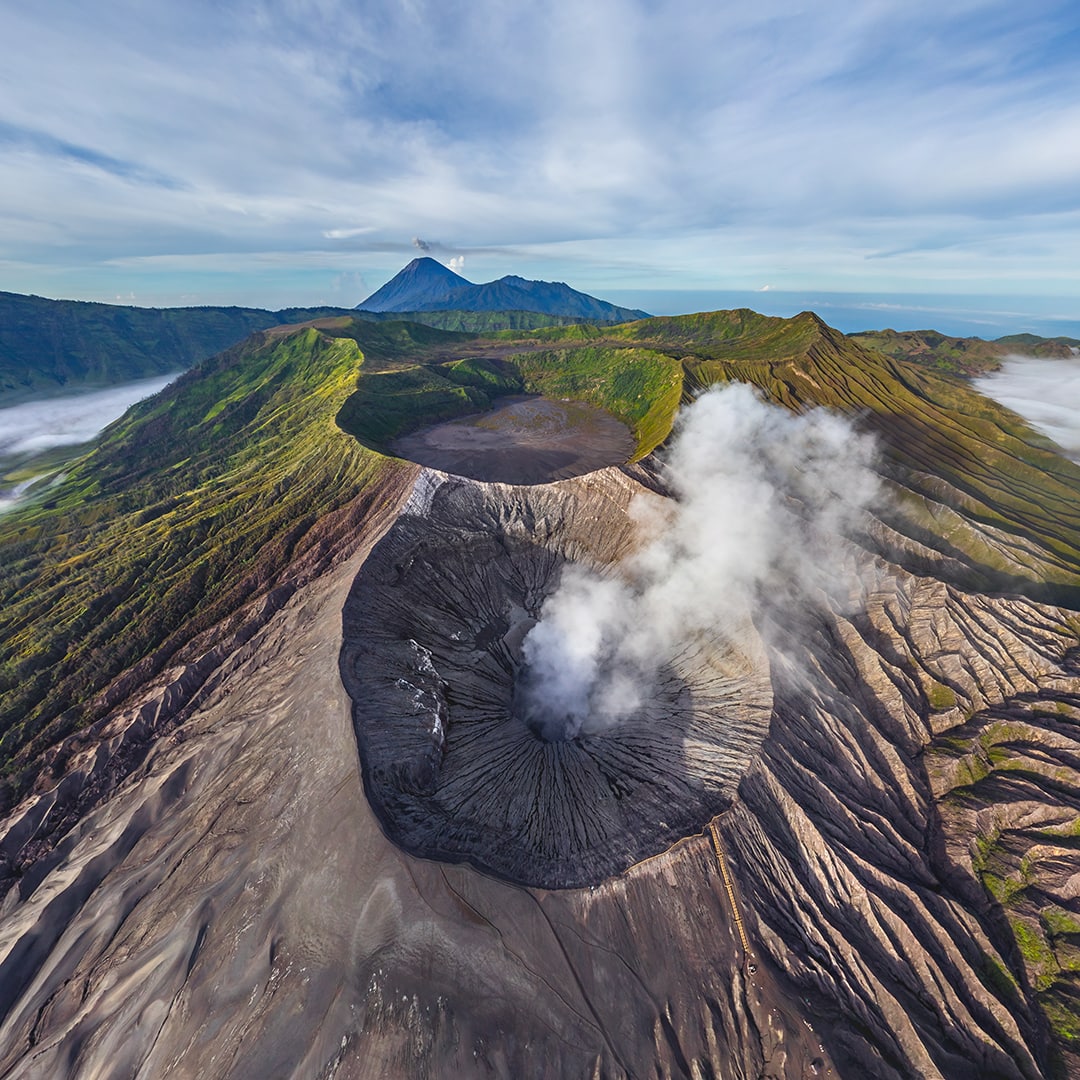 360 Virtual Tour №2. Bromo Volcano, Java Island, Indonesia
360 Virtual Tour №2. Bromo Volcano, Java Island, Indonesia
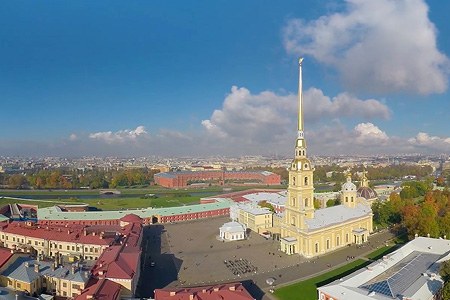 Peter and Paul fortress, Saint Petersburg, Russia
Peter and Paul fortress, Saint Petersburg, Russia
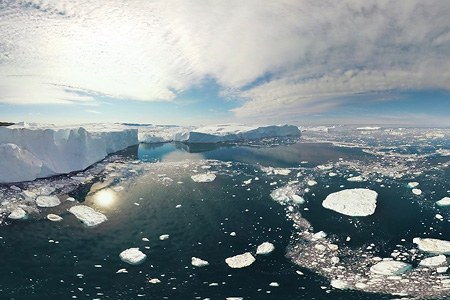 Icebergs of Greenland. Part V
Icebergs of Greenland. Part V
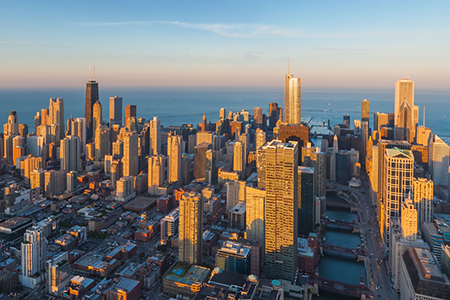 Relax flight over Chicago, USA
Relax flight over Chicago, USA
Show more




